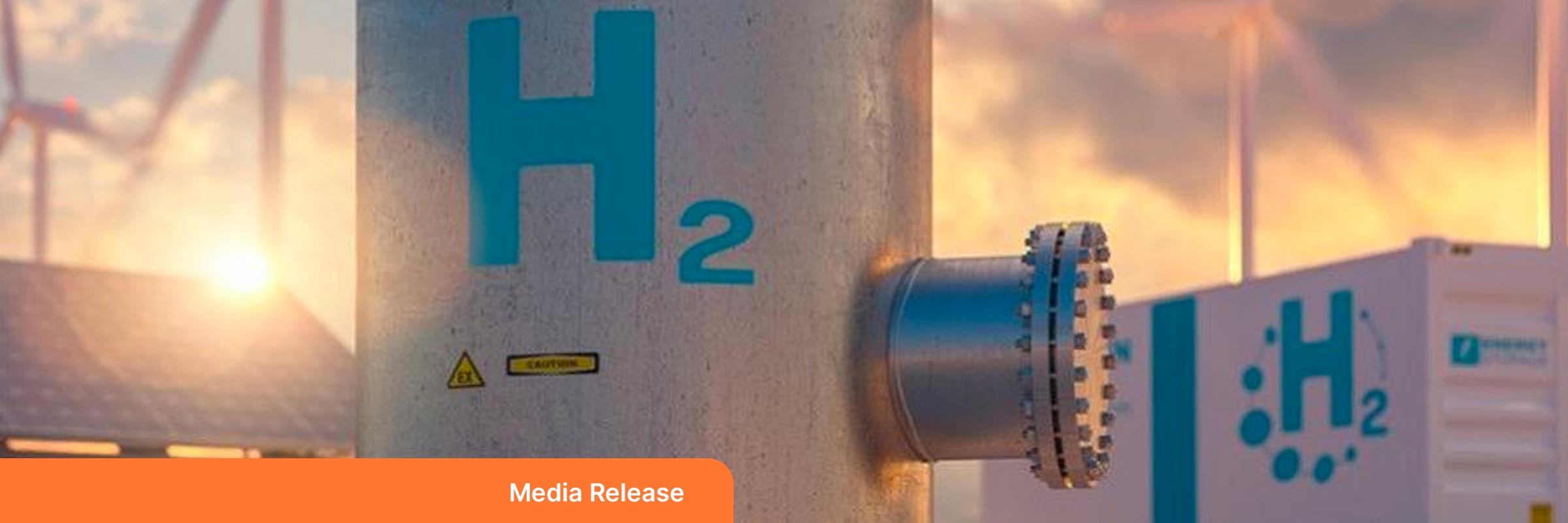The main objective is to establish a mega-scale renewable energy hub that will generate electrical energy from renewable sources and store energy as chemical energy (green hydrogen and ammonia) on a long-term basis.
The first phase of the project is expected to start production in 2026. This phase is expected to produce 72,000 tonnes of green ammonia a year with a green hydrogen content of 12,900 tonnes through 180MW solar, 130MW of onshore wind generation and 129.4MWh of battery storage.
SMEC has been delivering project management services for Prieska Power Reserve (Pty) Ltd since November 2021. Prieska Power Reserve (Pty) Ltd is a collaboration between founders Mahlako a Phala, the Industrial Development Corporation (IDC) and Central Energy Corporation (CENEC).
In addition to programme development, scheduling, risk mitigation and scope development, the SMEC team has overseen cost, quality and communication management; procurement and project controls.
To date, SMEC has assisted the client achieve several key milestones, including the completion of technical and pre-feasibility studies for the chemical plant, wind, solar, battery energy storage system and micro-grid control; attaining environmental approvals for certain portions of the site; and the installation of monitoring infrastructure for renewable energy.
 Image (left): Prieska Power Reserve wind turbine site.
Image (left): Prieska Power Reserve wind turbine site.
Image (right): One of Prieska Power Reserve’s three 60MW solar sites.
It is anticipated that as the project progresses into the next phase, SMEC’s involvement in the project will encompass design facilitation and reviews, cost estimation and technical assistance through the firm’s various functional groups: Roads and Highways; Power and Energy; Construction and Pavements; Management Services; Urban Development; Geotechnical; and Water and Environment.
Speaking on SMEC South Africa’s involvement in the project, Regional Manager and Project Director, Roan Ackerman, says that PPR will develop a hybrid renewable energy system to produce green molecules (green hydrogen).
“We are proud to be involved in a project that not only has the potential to rapidly decarbonise South Africa’s existing industries, but also attract industrial investment to the Northern Cape from across the globe seeking to meet new standards of green power in the production process.”
It is anticipated that PPR will create over 176,000 job years that will benefit local communities and develop skills for skilled and non-skilled labourers together with women and youth; and will result in increased market penetration by female industrialists and female-owned green infrastructure providers. In addition, it is estimated that the PPR project will result in the upskilling of 16,500 people over a 30-year period, as well as the development of approximately 300 new small businesses.









